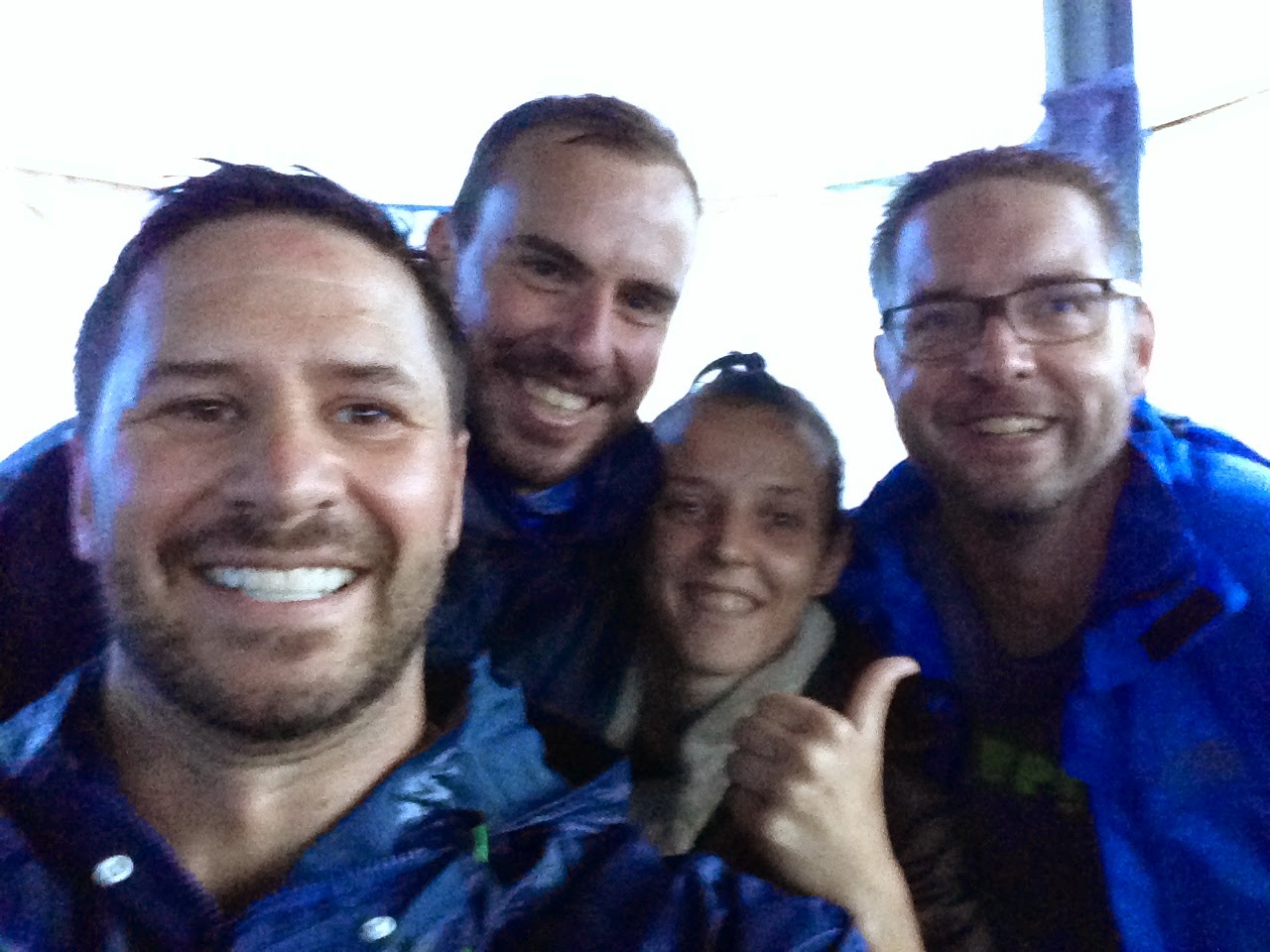Here, dear readers, is my 2nd Merck blog:
In my last blog I promised that I’d use this post to explain
what we’re doing here at Bayalpata hospital in Achham, Nepal, in a bit more
detail. I’m also going to share another
fun part of our Richard T Clark Fellowship experience with you – our four day
trek in the Annapurna Conservation Area.
The first draft of our work plan for Possible Health was
refined in a series of meetings with the CEO and one of the founders of the NGO
before we left for Nepal. There are two
main work streams: improvement of the internal and the external supply
chain. Internal supply chain improvement
includes clean up and organization of the hospital’s stores, and implementation
of a software system, business processes, and Standard Operating Procedures to
track inventory of pharmaceuticals and supplies. External supply chain involves the
development of a comprehensive strategy for sourcing of medicines and medical
items with the goals of ensuring quality, lowering cost, and improving
service. While all three of us worked in
both areas as needed, we decided it would be helpful to have a leader for each
workstream. I’m leading the external
supply chain strategy development and implementation.
We hit the ground running on the way into Nepal. During our first week in country, we
benchmarked external supply chain best practices at several large hospital
systems, and met with government and private suppliers in Kathmandu and
Dhangadhi, the closest big city to Achham.
Armed with a better understanding of the Nepali pharmaceutical business
and regulatory context, we came up with an improvement strategy for the hospital. In a nutshell, the new strategy involves
consolidating procurement to a few larger, trusted generic pharmaceutical manufacturers
and arranging to negotiate terms directly with the manufacturer. Last week, we met with the sales divisions of
each of four large Nepali manufacturers, as well as an importer for Indian and
other international manufacturers. We
also visited and inspected three Nepali pharmaceutical factories. The purpose of the site visits was both to
assess fitness of the manufacturer to become a long term supply partner for the
hospital and to provide improvement suggestions to the factory staff. We were pleasantly surprised at the state of
equipment and procedures at the manufacturers’ sites and at their willingness
to be a partner in executing the hospital’s strategy. We’re now awaiting quotations.
The three of us have also had the opportunity to assist
Possible Health in a way that was not in our original work plan. Our experience with team and project
management, as well as the business acumen we’ve developed at Merck, has
enabled us to be effective management consultants to the NGO’s senior
leaders. We’ve made recommendations
related to roles and responsibilities, division of labor, and work flows and
talent management which have been accepted and quickly implemented, to our
delight.
After working for six weeks on all of the above with only
two days off, we needed a break! On our
one week leave, two of us (Bryan and me) went to Pokhara while Nardi visited
with his wife in Kathmandu. While in
Pokhara, Bryan and I embarked on a four day trek in the Annapurna Conservation
Area. We were truly blessed to have
clear morning views of the snow-capped Himalayas, an unusual sight during the
monsoon season. Four days of vigorous
hiking, including an elevation gain of more than 6,000 ft, was also a great
workout! Here are some pictures that
give you a flavor of our wonderful four day trek:
Bryan (left) and Philip (right) and two friends we made on
the way up Poon Hill at 4:30 AM for a sunrise hike.
Annapurna South (left) and Himchuli (right) from Ulleri on
Day 2 of our trek


No comments:
Post a Comment